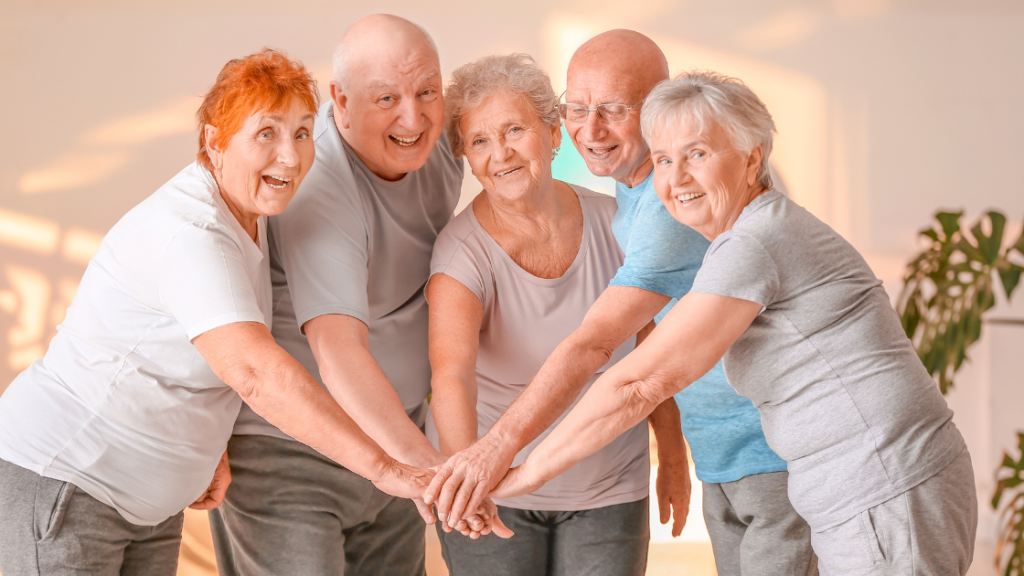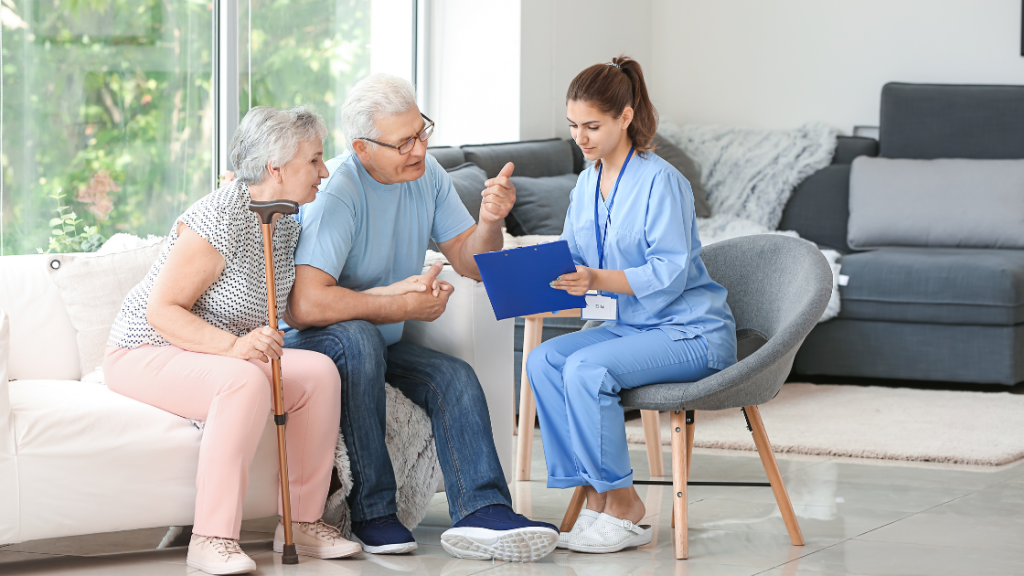Losing control over bladder and bowel movement is often associated with the aging population, underscoring the importance of understanding elder care and incontinence. Keeping a close eye on possible factors that lead to incontinence can help you determine whether the accidents are happening due to an external influence such as medication, something intrinsic like dementia, or even simple situational factors.

Approach it as a matter-of-fact event
When you assist someone who just had an incontinence episode, the best course of action is to approach it matter-of-factly. Since it is natural for them to feel embarrassed, try to be supportive without coming across as patronizing. Based on the relationship you share with the person, laughing together about the accident can help cut through the awkwardness.
Accessing bathrooms
If accidents happen as a result of not being able to access the bathroom in time, arranging for a portable toilet can make a great difference. Removing environmental obstacles that make the transit difficult or confusing also helps. Having special signs or a picture of a toilet on the bathroom door can remind the seniors about the location of the facility.
Clothes that help
When incontinence is a frequent issue for someone, as seen in over 50% of patients in the mid and later stages of dementia (Juliebø-Jones et al, 2021), light fabrics can make a great difference, emphasizing the importance of understanding elder care and incontinence. Ensure that the clothes provided can be quickly and effortlessly removed. If there is a concern about the patient removing their clothes at inappropriate times, opt for clothing that makes undressing on their own a hassle but you can take off easily as a caregiver.
Maintaining hygiene
Investing in some medical gloves can be one of the best decisions you make while assisting someone with incontinence. Having antibacterial wipes, incontinence pads or diapers, and even some form of disinfectant at all times makes caregiving easier.
Watching the diet
Many people living with urinary incontinence naturally resort to reducing their consumption of water. This is counterproductive because decreased fluid intake gradually leads to reduced bladder capacity. So make sure that your ward consumes a healthy amount of fluids throughout the day. Sometimes, sipping water while on the toilet can help empty the bladder more effectively.
Establishing a Routine for Elderly Care and Incontinence
If the elderly person has incontinence episodes because they cannot recognize the physiological signals or forget to use the washroom in time, having a bathroom schedule can help, highlighting the importance of managing elder care and incontinence effectively. Acknowledging a toileting pattern they are comfortable with, take them for regular trips to the washroom. In some cases, simply prompting them about using the bathroom can make them aware of their needs and prevent an episode.
Based on the reasons for incontinence, devising a comprehensive management plan is always the way to go. A medical expert can guide you in terms of pelvic and bladder exercises, diet modifications, or prescription medications to manage the conditions.
Remember that a collective effort in elderly care can yield better outcomes than you expect.
Visit our LinkedIn page for the latest updates on our company, including exciting developments and new offerings. Stay informed and connected with us as we continue to grow and provide valuable learning opportunities for professionals in caregiving industries.



